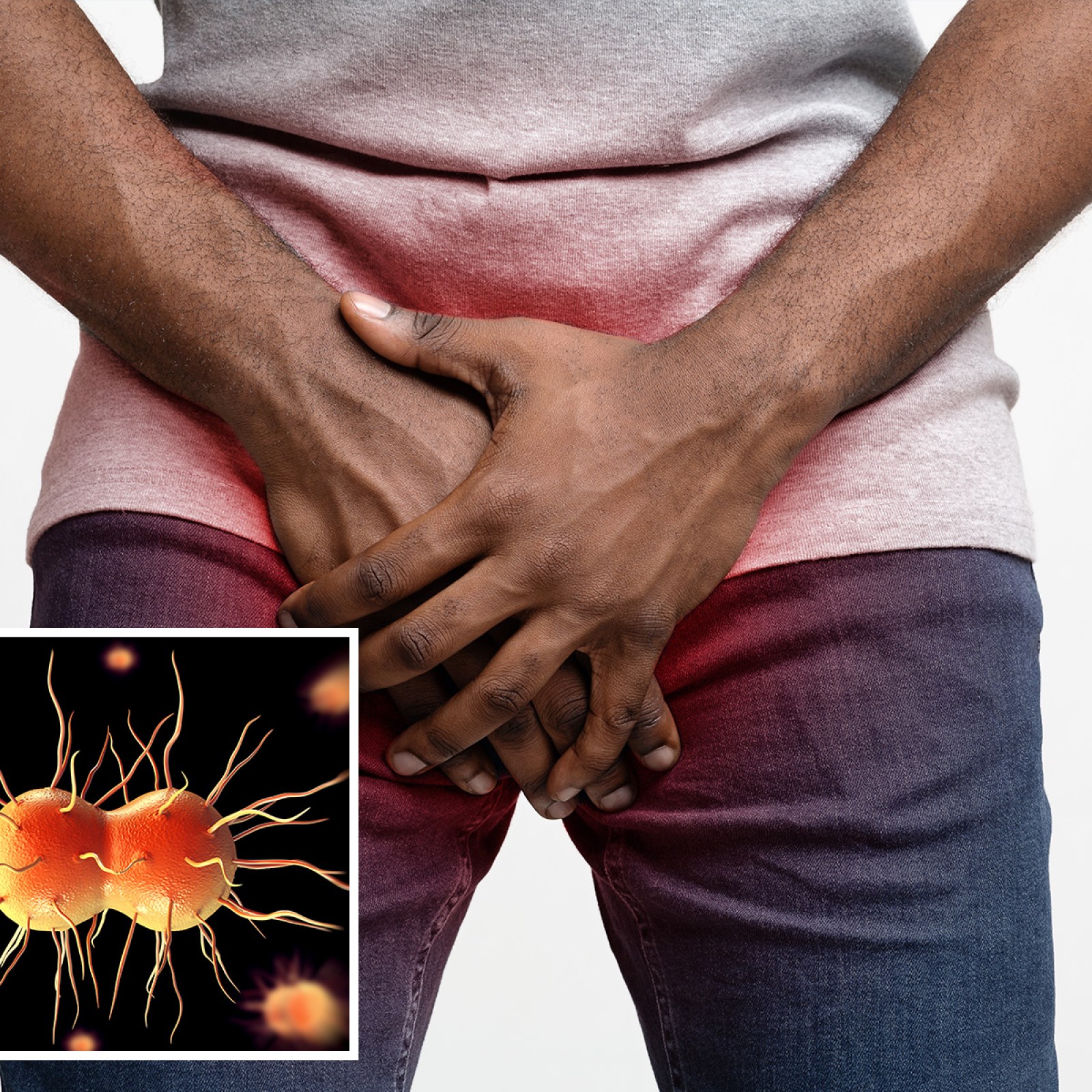What is Gonorrhea?
Gonorrhea is one of the oldest common STDs that attacks the urethra, vagina/cervix, throat and anal region producing different symptoms depending on the infected body parts. Gonorrhea is curable with antibiotics and is transmitted through sexual contact with an infected person. Young people aged 15 to 24 are the most at risk and commonly infected by gonorrhea.
What are symptoms of gonorrhea
Gonorrhea frequently has no symptoms, but it can nevertheless have a major negative impact on one's health.
The majority of gonorrhea-infected women show no symptoms. woman usually experience mild symptoms and can be mistaken for other vaginal infection like candidiasis or infection of the bladder. Gonorrhea symptoms tend to show faster in men than in women. Men and Women may experience the following general symptoms:
- Abnormal and increased vaginal discharges
- Leaking or Discharge from the manhood.
- Burning or painful urination in men
- Swollen and arching testicles on both or one of them
- The discharge for gonorrhea is think and brownish. However sometimes maybe whitish or yellowish
- New born baby can have pus in the eyes gotten from the mother during birth.

What causes gonorrhea
Gonorrhea is caused by a pathogenic bacteria called Neisseria Gonorrhoeae which is a gram negative diplococci.
How can you get gonorrhea?
This STD can be contracted through sexual activity with an infected person if no protection was used. Oral vaginal-penile sex all can lead to gonorrhea infection if no protection is used. Some children also get the infection from mothers during birth if a pregnant woman had gonorrhea. The infection in new born baby's shows with pus in the eyes.
What is the treatment of gonorrhea?
Treatment of gonorrhea requires antibiotics in injection form and tablets. The new effective treatment uses 500mg of ceftriaxone injection given intramuscular. Gonorrhea has show evidence of drug resistance to Ciprofloxacin therefore it should not be used. The diagnosis of gonorrhea should well be established because wrong diagnosis leads to wrong treatment since the symptoms mimics other discharge producing STDs
What are the bad effects of gonorrhea?
Complications or bad effects of this infection occurs when treatment is delayed or not given at all. The common complications of gonorrhea include the following:
- Infertility
- Swollen testicles
- Pelvic inflammatory disease in women
- Urethral stricture leading to urinary retention
How to avoid getting gonorrhea
Avoiding getting this infection is the best thing you can do and it's easily done by using condoms each time you have sexual activity. Dental dam for oral sex should also be used to avoid getting gonorrhea. Make sure you get treated together with your partner. The mistake you can make is getting treated alone, you will get infected again since your partner is still infected. Women may not show the signs of gonorrhea easily instead they delay. so it doesn't mean she is not infected.
Summary
Since gonorrhea is common and can be contracted through sexual activity, you are all encouraged to use protection. However, if you are infected already treatment is available and gonorrhea is curable with the right medication.
Read also: Symptoms of 10 commonest STDs

